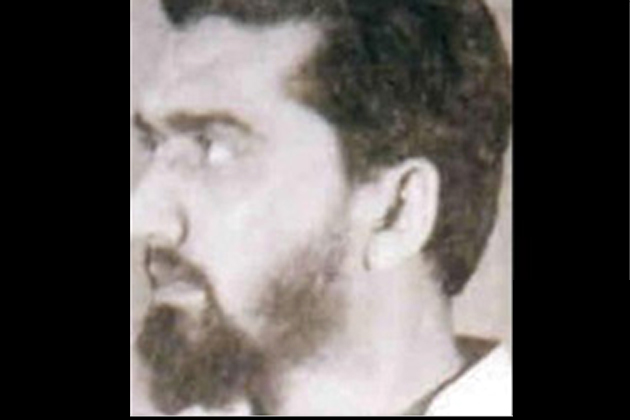
London, May 4: After nearly two decades, the law has finally caught up with ‘Tiger' Hanif, an alleged associate of the underworld don Dawood Ibrahim. A British court has ordered his extradition to India, where he is wanted for his role in two terror attacks in Gujarat.
Hanif, 51, whose full name is Mohammed Hanif Umerji Patel, has been charged with involvement in a grenade attack in a crowded market at Surat in January 1993, in which an eight-year-old schoolgirl was killed and more than a dozen people were injured. He has also been accused of leading an attack on a jam-packed railway platform at Surat three months later, in which 12 people were seriously wounded. After the attacks, which followed anti-Muslim riots in the State in 1992, Hanif fled to Pakistan before ending up in Britain. He was arrested in February 2010, after Scotland Yard detectives, acting on an Interpol warrant, found him working in a grocery store at Bolton, a town in north-west England.
Indian authorities sought his extradition on charges of conspiracy to murder and to cause an explosion. He is also accused of helping one of his accomplices escape by giving him cash, a weapon and a passport.
The prosecution told the court that Hanif wanted to “get revenge” for the 1992 anti-Muslim violence and used charitable donations to a Muslim refugee camp to fund the bombing campaign. “This defendant played a prominent role in setting up a … camp for Muslim refugees. The refugee camp had a fund … set up to collect donations, and it was agreed by this defendant and three other witnesses that the fund would be employed to buy weapons,” prosecutor Clare Montgomery said.
Mohmad Ghadliali, a co-conspirator, said in a witness statement that the decision to obtain weapons “for revenge” was taken at a meeting attended by him, Hanif and two others.
Lawyers for Hanif opposed extradition, arguing that he would be tortured by Indian investigators.
But a Westminster magistrate on Wednesday rejected the claims and ordered his extradition, describing him as a “classic fugitive.”






Comments
Add new comment